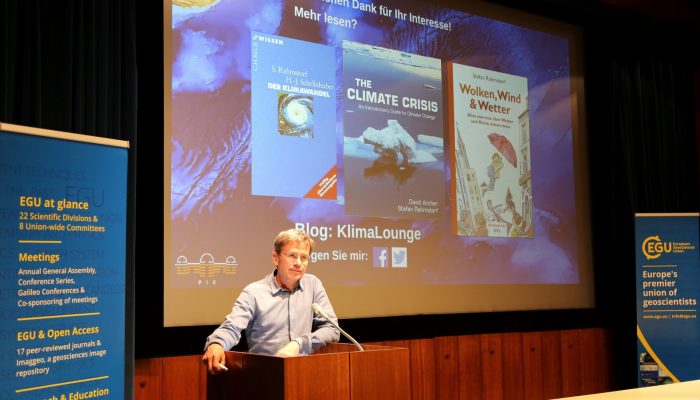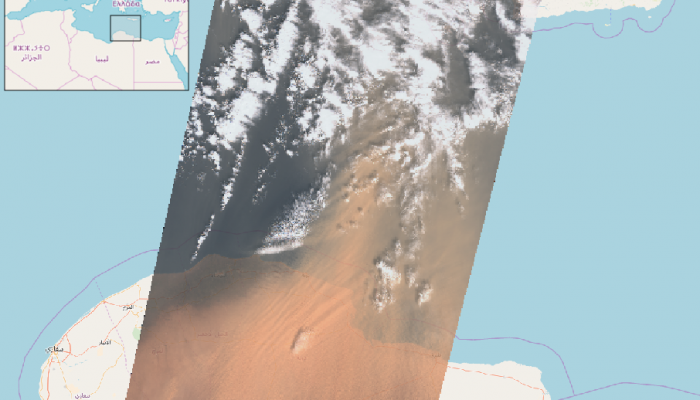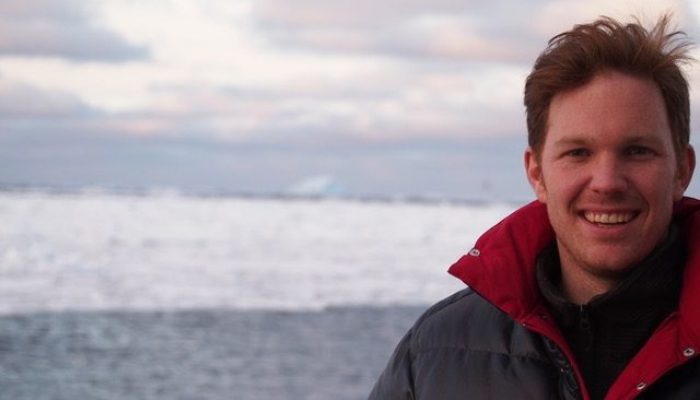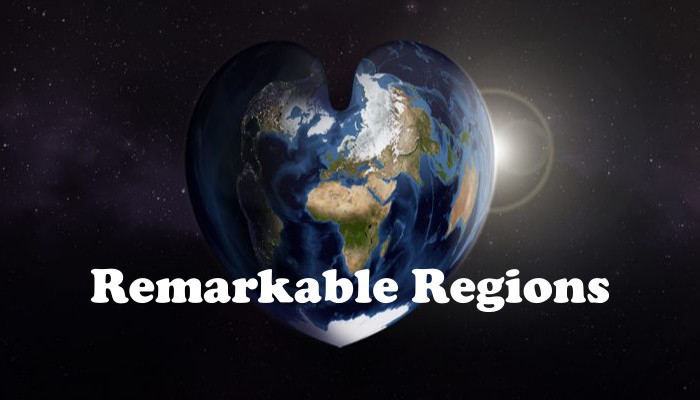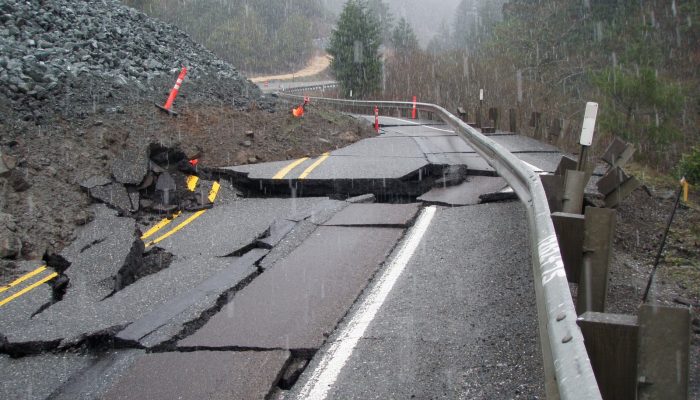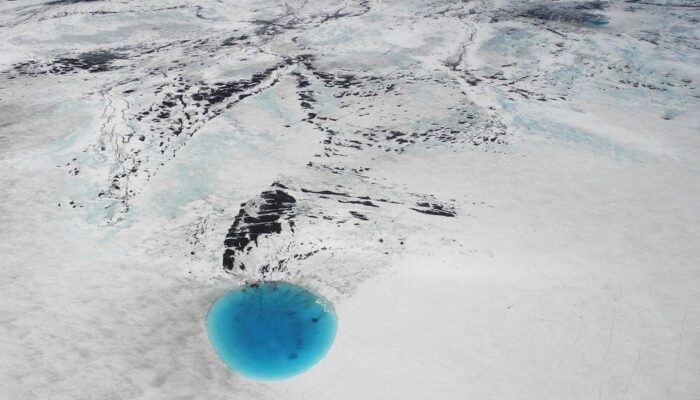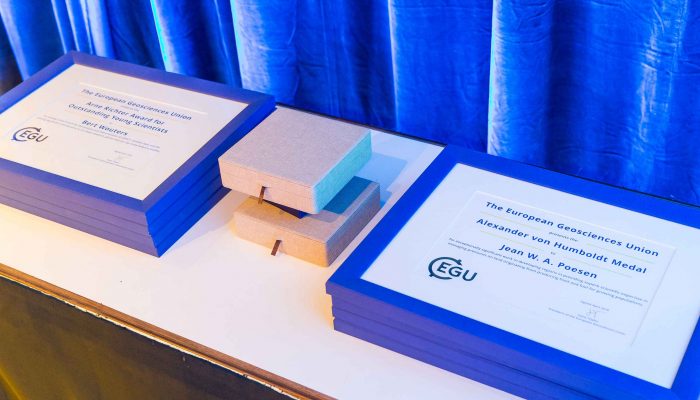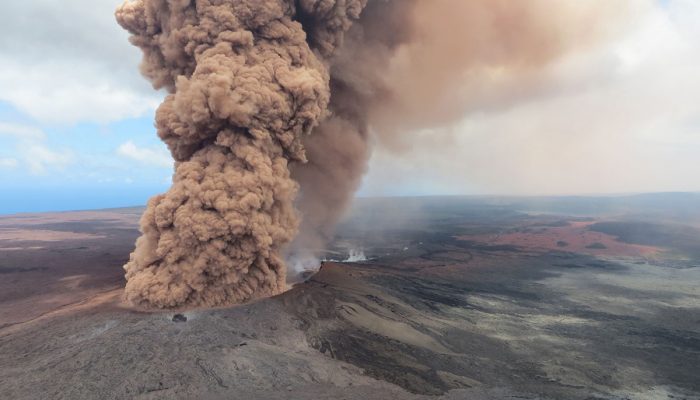The inaugural EGU Public Lecture, titled ‘After Paris: Are we getting the climate crisis under control?’, took place last April at the 2018 General Assembly in the Natural History Museum of Vienna. In this first public lecture, Stefan Rahmstorf, a climate scientist at the Potsdam Institute for Climate Impact Research in Germany, took the audience on a fascinating journey through the climate system ...[Read More]
If you didn't find what you was looking for try searching again.
Natural Hazards
Volcanic tourism, in between fascination and hazard awareness. Episode 1: the volcanologist prospective.
Volcanoes are often located in stunning and fascinating places of the world. Some volcanoes are in areas already heavily populated, like Popocatépetl in Mexico or that thanks to tourism become highly or more populated during certain times of the year, like Agung in Indonesia. In addition to the charm, volcanoes can be and have been harmful to both lives and properties. The hazards posed by ...[Read More]
Cryospheric Sciences
Image of the Week — Orange is the new white
On 22 March 2018, large amounts of Saharan dust were blown off the Libyan coast to be further deposited in the Mediterranean, turning the usually white snow-capped Mountains of Turkey, Romania and even Caucasus into Martian landscapes. As many people were struck by this peculiar color of the snow, they started documenting this event on social media using the “#orangesnow hashtag”. Instagram and t ...[Read More]
GeoLog
GeoTalk: A new view on how ocean currents move
Geotalk is a regular feature highlighting early career researchers and their work. In this interview we speak to Jan Zika, an oceanographer at the University of New South Wales in Sydney, Australia. This year he was recognized for his contributions to ocean dynamics research as the winner of the 2018 Ocean Sciences Division Outstanding Early Career Scientists Award. First, could you introduce your ...[Read More]
Geodynamics
Remarkable Regions – The Kenya Rift
Every 8 weeks we turn our attention to a Remarkable Region that deserves a spot in the scientific limelight. After looking at several convergent plate boundaries, this week the focus lies on part of a nascent divergent plate boundary: the Kenya Rift. The post is by postdoctoral researcher Anne Glerum of GFZ Potsdam. Of course an active continental rift is worthy of the title “Remarkable Region”. A ...[Read More]
GeoLog
Geosciences Column: Landslide risk in a changing climate, and what that means for Europe’s roads
If your morning commute is already frustrating, get ready to buckle up. Our climate is changing, and that may increasingly affect some of central Europe’s major roads and railways, according to new research published in the EGU’s open access journal Natural Hazards and Earth System Sciences. The study found that, in the face of climate change, landslide-inducing rainfall events will increase in fr ...[Read More]
GeoLog
Imaggeo on Mondays: Hints of an eruption
The photograph shows water that accumulated in a depression on the ice surface of Vatnajökull glacier in southeastern Iceland. This 700m wide and 30m deep depression [1], scientifically called an ‘ice cauldron’, is surrounded by circular crevasses on the ice surface and is located on the glacier tongue Dyngjujökull, an outlet glacier of Vatnajökull. The photo was taken on 4 June 2016, less than 22 ...[Read More]
GeoLog
Treat that brilliant early career scientist to an EGU award nomination
As a colleague or proud supervisor of postgraduate students and post-docs, there is a simple thing you can do to congratulate them on their excellence and research: nominate them for the one of the European Geosciences Union’s awards for outstanding early career scientists. The deadline is 15 June 2018, so now is the time to act. Putting early career researchers in the spotlight To credit research ...[Read More]
Natural Hazards
Fantastic grants and where to find them, part 1.
At some point in your career, usually, sooner than later, you will need to write a grant proposal to ensure yourself a paid research position. Funding agencies are out there waiting to receive your great and original ideas and possibly grant you some money to transform these ideas into actual science. One can spend an entire day just researching on the internet the best funding scheme. To h ...[Read More]
GeoLog
May GeoRoundUp: the best of the Earth sciences from around the web
Drawing inspiration from popular stories on our social media channels, as well as unique and quirky research news, this monthly column aims to bring you the best of the Earth and planetary sciences from around the web. Major Story This month the Earth science media has directed its attention towards a pacific island with a particularly volcanic condition. The Kilauea Volcano, an active shield volc ...[Read More]

